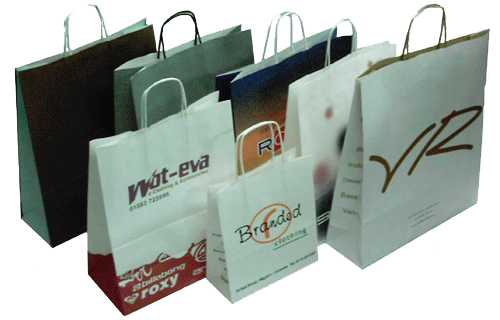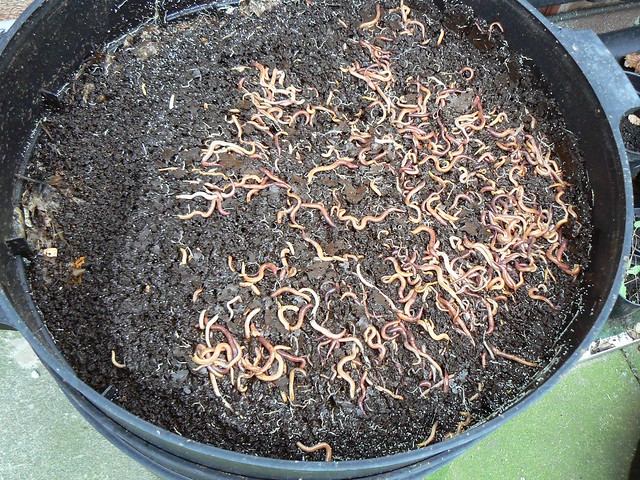
Residents across Shropshire, Telford & Wrekin still have time to buy a discounted compost bin, before a price increase comes
in at the start of April.
Spring
is an excellent time for composting. With new shoots appearing, it’s
time to clear out winters deadwood from planters
and flower beds and a compost bin is a great way to recycle this
decaying vegetation. Over time it will break down to produce rich
nutritious compost that that will put some life back into the garden.
Despite
the cold start, Easter is almost upon us and is traditionally the time
when gardeners venture out and lay the foundations
for the promise of warmer weather, a flower filled garden and home
grown veg and salad.
The
cheapest compost bin currently on offer through the Council Scheme
still costs just £16 but there is also a ‘Buy One Get One Half Price’
offer, so you can get a second one for
just £8 adding extra value to residents with larger gardens or those
who team up with a friend or neighbour to buy a bin. Compost bins and accessories can be ordered online via:
www.getcomposting.com or by calling tel: 0844 571 4444














